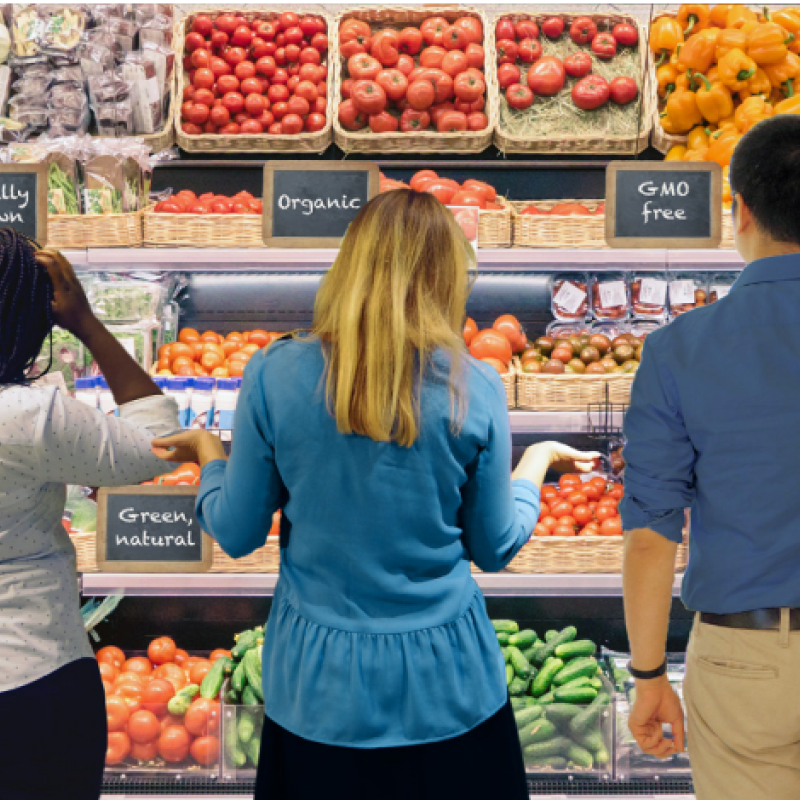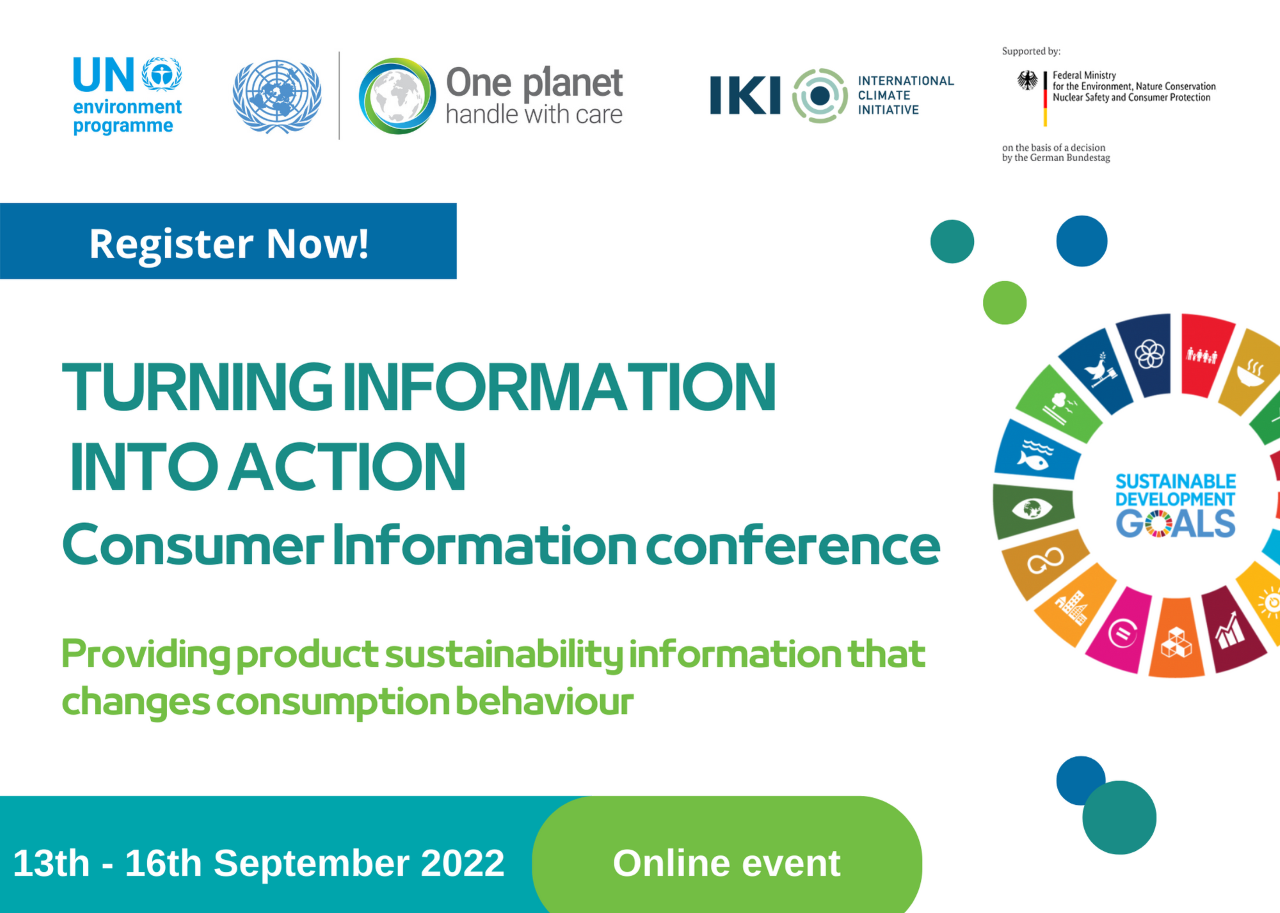
CI-SCP Conference
Reaching consumers through credible eco-labeling

Consumer Information conference:
Reaching consumers through credible eco-labeling:
How to make it easier for buyers to choose and increase confidence in manufacturers' claims?
14 September 2022
12:00-13:30 hs CEST
ONLINE
If you missed this session, you can view it on our YouTube channel or watch it in the box below.
INTRODUCTION
How to make it easier for buyers to choose and increase confidence in manufacturers' claims?
Consumers all over the world are looking for products that benefit their health and the environment. According to the Kantar report, at the end of 2021-beginning of 2022, the percentage of eco-consumers was quite high and was more than 50% of the market. This continues to grow across Europe and the USA. According to the European Consumer Organization (BEUC), 57% of consumers in the EU are receptive to environmental claims when making a purchase decision.
At the same time, while trying to care for the planet when shopping, consumers also face significant challenges. The same BEUC survey shows that 61% of EU consumers find it difficult to understand which products are truly environmentally friendly. The ECOS - Environmental Coalition on Standards checked 82 products against the Fundamental Principles and the ECOS Ideal Claims Checklist developed on the basis of the UNEP's criteria for providing product sustainability information. It was revealed that 46% of the manufacturers' claims were rated as potentially irrelevant to consumers and 75% of them being self-made claims that were not independently verified. As a result of declining confidence in self-declarations, some countries, such as the European Union, are considering banning the use of environmental labels unless they are validated by a third party or government.
In the session, experts explained why ecolabels are a reliable tool of choice for buyers and protection against greenwashing.
The audience learned what recent consumer needs and environmental challenges are met by lifecycle-based ecolabels and why manufacturers and retailers choose them. The environmental and marketing effects of ecolabelling will be shown in different product groups, including cosmetics, one of the most popular groups where consumers look for "eco".
Speakers

Björn-Erik Lönn
Chair at the Global Ecolabelling Network

Eva Eiderström
Director Dep of Ecolabeling and Green Consumption at the Swedish Society for Nature Conservation

Kate Harris
Secretariat of the Global Ecolabelling Network and Non-Executive Director of the Living Future Institute of Australia.

Dr. Yulia Gracheva
Director and Head of the Central сertification body in the Ecological Union – Owner and operator of the voluntary Type I ecolabelling “Vitality Leaf” based on life-cycle.

Jørgen Skjødt
Owner and CEO at ZENZ and experienced business developer with passion for sustainability

Trine Pedersen
Senior Consultant/M.Sc. Chem., Ecolabelling Denmark

Pauline Toulemonde
Specialist on environmental impacts of products in the DIY sector
Conference Agenda
SESSIONS
Tue 13 Sep, 14:00 to 16:00 CEST : OPENING & KEYNOTES ADDRESS
Seizing the opportunity of sustainable consumption for business : How to communicate products' sustainability and change consumption behaviour?
Wed 14 Sep, 12:00 to 13:30 CEST : ECO-LABELLING
Reaching consumers through credible eco-labelling
Wed 14 Sep, 14:00 to 16:00 CEST : E-COMMERCE :
How can e-commerce platforms empower the sustainable online consumer?
Thu 15 Sep, 10:30 to 12:00 CEST : FOOD SYSTEMS
Opportunities and challenges in leveraging product sustainability information to shape more sustainable food supply and demand
Thu 15 Sep, 14:00 to 16:00 CEST : NATURE FRIENDLY CONSUMPTION
Building the business case for nature friendly consumption: how businesses scale up consumer information on biodiversity and ecosystem services and thrive
Fri 16 Sep, 14:00 to 16:00 CEST : FASHION SECTOR
The role of product sustainability information to engage consumers and businesses on product lifetime extension
